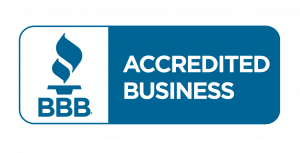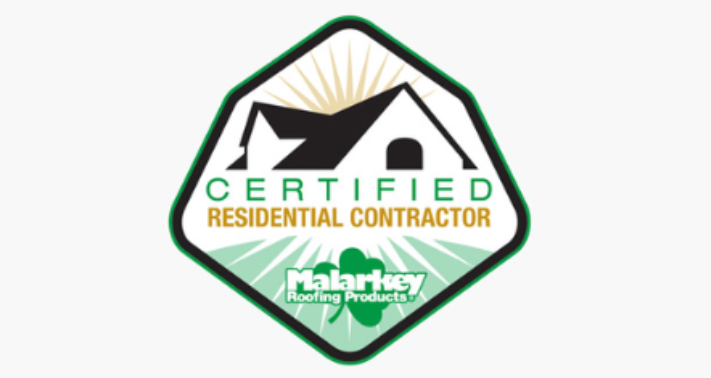Do I Have To Pay My Deductible?
Texas law requires that contractors collect a deductible on insurance claims they are handling, and as of September 2019, homeowners can be charged with insurance fraud along with the unscrupulous contractor who agreed to do so should the contractor be audited and caught.
Fortunately, qualified clients may utilize our third party financing to ease the initial blow and unqualified clients may receive second chance financing through our in house financing program. We have affordable options for absolutely everyone.
How long does the project take?
Most jobs are completed in a single day. The most common hold-ups we experience are due to weather. Larger homes simply require larger crews in order to still get the job done on time.
Is NTX Roofing Solutions insured?
Yes. Texas law requires that we carry a minimum of $50,000 on our policy.
We carry $1 Million on every job.
Does my new roof come with a warranty?
Yes. Most manufacturers carry a 20 year – lifetime warranty on their product. NTX Roofing Solutions carries a 5 year labor warranty. All warranties are void when new storm damage occurs
What do I need to do to file a claim?
Filing a claim is as simple as a 5-minute phone call or a quick visit to your insurance carrier’s website. Our trained professionals can walk you through this process in person.
Do HOA’s affect my roof installation?
Yes. If you are part of an HOA, you are responsible for relaying the proper documents and information to your HOA administrators to get approval. This process varies depending on your HOA, so it is best to consult your HOA guidelines prior to scheduling your installation.
What does ACV, RCV, Supplement, and recoverable/non-recoverable depreciation mean?
When a person files a storm claim (wind or hail), if insurance buys it, they will write an estimate for the damage to be repaired.
This total amount of the damaged property is called the RCV or “Replacement Cost Value”. That is what the property (mainly the roof in our case) is worth in brand new condition.
They then subtract the client’s deductible (which is paid by the customer to their contractor) as well as the Depreciation (which is determined by age of the property).
The remaining amount is called the ACV or “Actual Cost Value”. This is the amount of the first check insurance will write.
In most cases, insurance will miss certain items…the contractor will submit any supplements (item’s not originally paid for by insurance) to be paid for. The supplement may be a check by itself, or it may be included on the depreciation check.
Once the work is complete, the contractor will submit to the insurance company a final invoice of all the work that was done and request that the depreciation be released. The final invoice should match the amount that insurance has agreed to pay. Insurance will then release the recoverable depreciation.
If the policy has non-recoverable depreciation, that amount would only be payable by the client, assuming they have agreed to…it is not paid by insurance.
Usually non-recoverable depreciation, will be on items like fencing, decking, etc. but sometimes a carrier will write a policy that carries non-recoverable depreciation on the roof, or other high ticket items, in exchange for a lower premium from the client.
Allstate and Progressive are the most common companies I have seen to have non-recoverable depreciation on roofs, So the contractor and client should be aware of this situation, and come to any agreement that needs to be made, before any work is complete.



